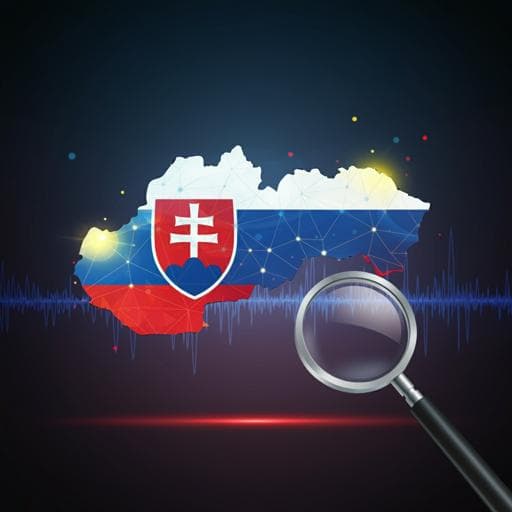
Political Science
Slovak MPs' response to the 2022 Russian invasion of Ukraine in light of conspiracy theories and the polarization of political discourse
T. Lintner, T. Diviák, et al.
This study conducted by Tomáš Lintner, Tomáš Diviák, Barbora Nekardová, Lukáš Lehotský, and Michal Vašečka explores how the 2022 Russian invasion of Ukraine transformed Slovak political discourse on Facebook. It combines qualitative and quantitative analyses to reveal a stark division between pro-Ukrainian coalition members and pro-Russian opposition, highlighting the impact of political polarization and conspiracy theories.
Related Publications
Explore these studies to deepen your understanding of the subject.







